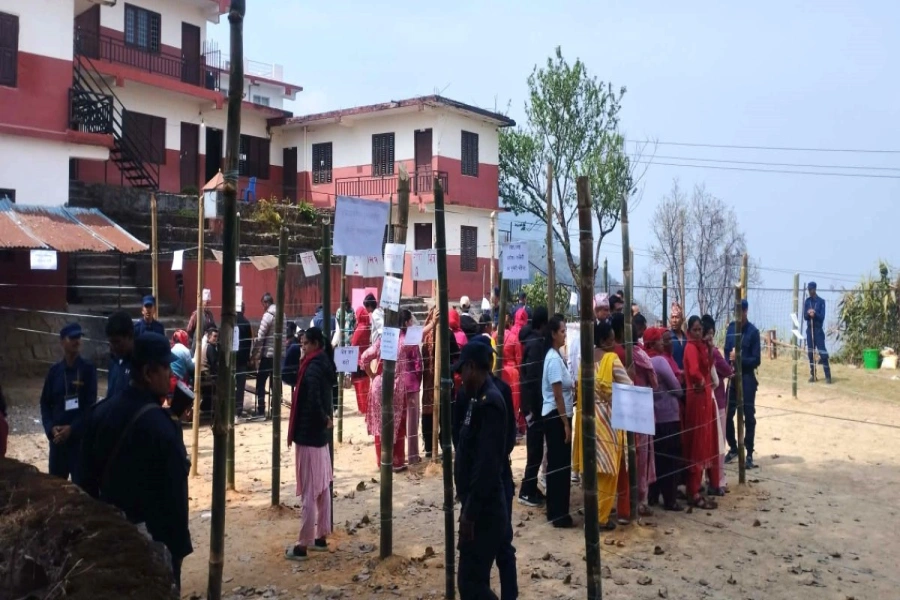KATHMANDU, March 19: The Accountability Watch Committee (AWC) has said it has found that the recent judicial decision related to the transitional justice process has further strengthened the legitimacy of the conflict victims' continuous struggle for the right to truth, justice and reparation.
Criticizing the unfair and uncertain and unnecessary prolonging of the transitional justice process, the AWC welcomed the decision of the Supreme Court in various recent cases (079-WO-1457, 079-WO-1082, 2072-MS-0024 and 072-WO-0450) to hold the government accountable.
In addition, it calls upon the Government of Nepal, parliament, the parties affiliated to the power coalition, the main opposition and other parliamentary parties to complete the rest of the transitional justice process, including amending the law in accordance with the spirit of the established precedents and principles.
AWC urges govt to make transitional justice law amendment proce...

“The AWC has felt that the continuous judicial awakening of the inalienable fundamental right of the sovereign conflict-affected citizens to live in dignity with truth, justice and reparation has raised the hope that sooner or later the door of justice will open within the country,” reads a press statement issued by the AWC.
The AWC has demanded that the power coalition parties themselves do not dampen the hopes of the victims and translate the commitment of transitional justice expressed in point no. 4 of the eight-point agreement into practice as soon as possible. “Once again, the situation is becoming confusing, as pointed out in Chapter 19 of the judgment of the Supreme Court in the past and recently in the case of Pushpa Kamal Dahal against Dinesh Tripathi (2072-MS-0024). There will be no option to promote the right of the victims to truth, justice and compensation through the regular judicial process,” reads the statement.
According to the statement, the AWC has strongly demands that the definition of serious violations should be clarified, the independence of the recommendation committee and the reliable/transparent process of appointing the commissioner should be ensured, and the serious questions put forward by the victims and civil society should be adequately addressed and the process of selecting the commissioner should be started only after the amendment bill is passed.
“The AWC would like to warn all concerned that the problem will worsen if the commissioner appointment process starts while the bill is being tabled in parliament, ignoring the fact that the Supreme Court has drawn the attention of the government and parliament for quick amendment to the law,” reads the statement.



































